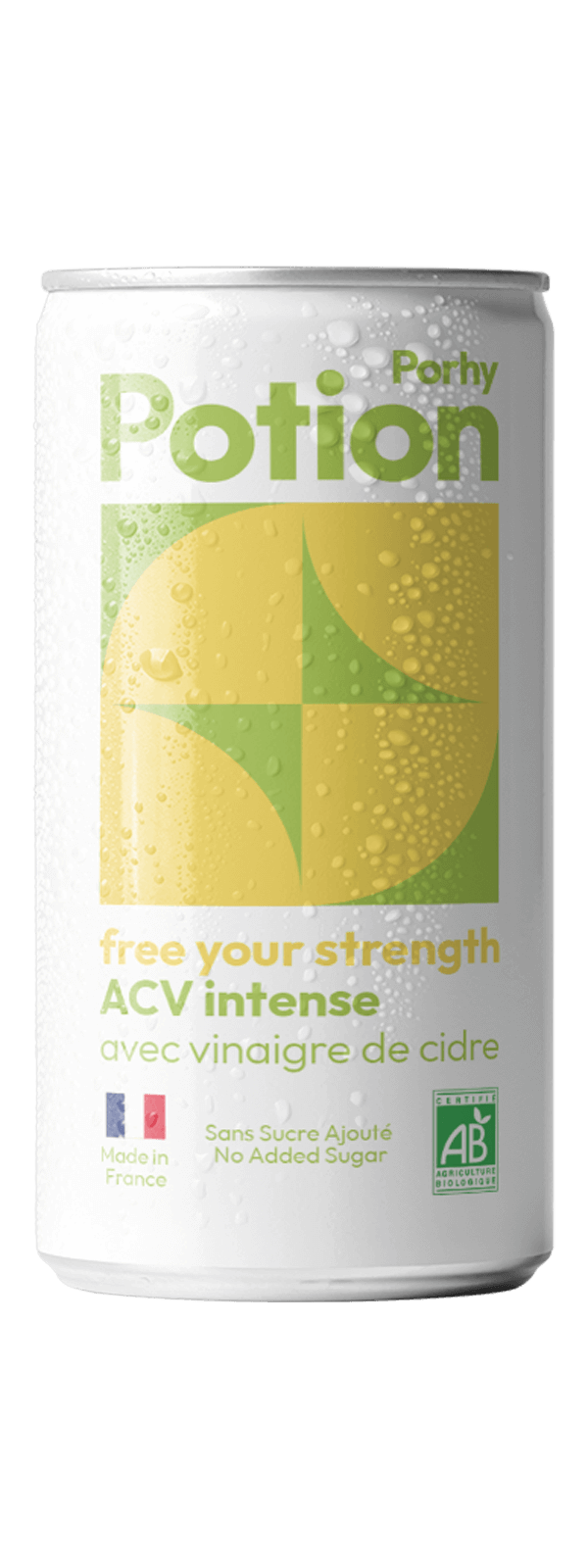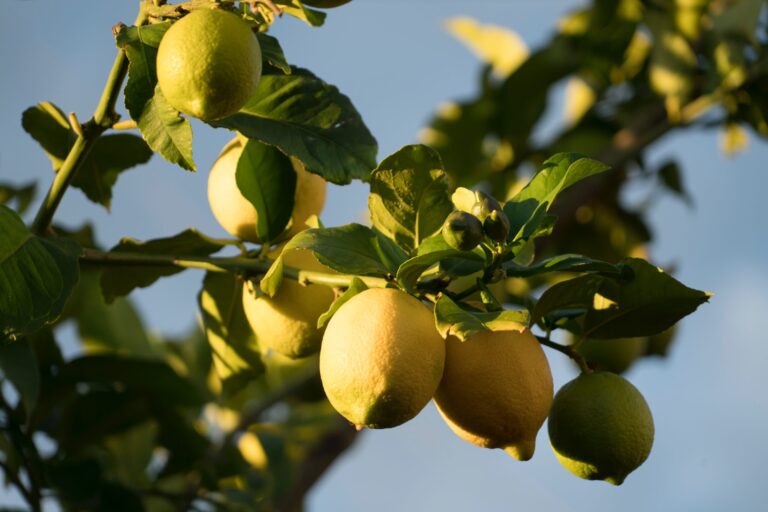In recent times, the buzz around organic eating has grown louder, resonating with a considerable section of the population. But what exactly does it entail, and why is it gaining such traction? We delve deep into the world of organic eating, exploring its benefits and why it might be worth considering a switch.
The Rise of Organic Eating
Once a niche market, organic foods have now found their way into mainstream grocery stores, reflecting a broader shift in consumer preferences. Historically, all food was “organic”, grown without the aid of synthetic pesticides and genetically modified organisms. However, with the advent of modern agriculture, the definition has narrowed to signify a healthier and more sustainable alternative to conventionally grown products.
In recent years, the organic food sector has witnessed an unprecedented boom. This surge can be attributed to a growing awareness of health and environmental issues associated with conventional farming practices. People are now more inclined to invest in foods that are not only nutritious but also cultivated in a manner that is harmonious with nature.

Benefits of Organic Eating
Embarking on the journey of organic eating opens up a world of benefits, both for the individual and the planet. From a nutritional standpoint, organic foods often contain higher levels of essential nutrients and antioxidants. Moreover, they are free from harmful chemicals and pesticides, which can accumulate in the body over time, potentially leading to health issues.
Furthermore, organic farming practices are designed to be sustainable, promoting soil health and reducing pollution. By opting for organic, you are playing a part in reducing the negative impact of agriculture on the environment, fostering a healthier ecosystem for future generations.
Challenges and Considerations
While the benefits are substantial, transitioning to an organic diet is not without its challenges. One of the primary hurdles is the cost, as organic foods tend to be more expensive than their conventional counterparts. Additionally, availability can be a concern, especially in regions where organic farming is not prevalent.
However, these challenges are not insurmountable. By starting small and gradually incorporating more organic products into your diet, you can enjoy the benefits without a significant strain on your wallet. Moreover, as demand for organic foods continues to rise, it is anticipated that availability will increase, making it a more accessible choice for many.
Conclusion
We believe that what you put into your body matters. That’s why we are committed to providing you with products that are not only delicious but also aligned with your health and ethical values. All our products are meticulously crafted to be both organic and vegan, ensuring that you can enjoy wholesome, natural ingredients while supporting sustainable and cruelty-free practices. We believe that choosing organic and vegan options isn’t just a dietary choice; it’s a conscious lifestyle decision that benefits you, the planet, and future generations.
Sources:

